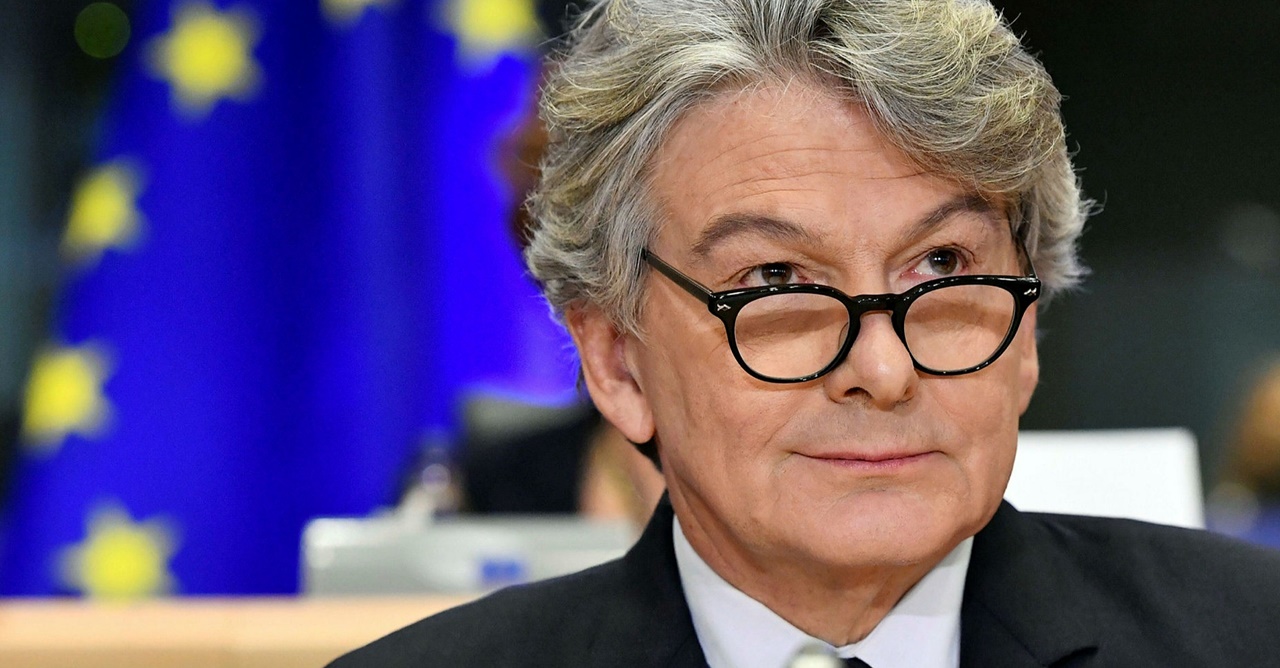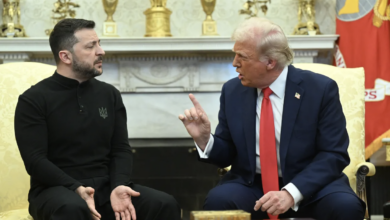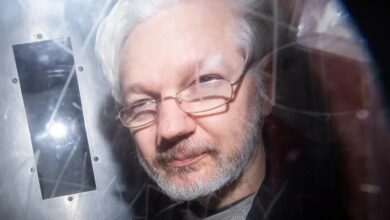Brussels sends a warning shot to Musk: Twitter must also comply with the new EU digital law and take action against hate speech under his leadership. Otherwise there was a risk of hefty fines or even a ban.
Thierry Breton, EU Commissioner for the Internal Market, told the Financial Times on Tuesday that even with Elon Musk at the helm, Twitter must follow the rules on moderating illegal and harmful online content. Breton said: ‘We welcome everyone. We are open but on our terms. At least we know what to tell him: ‘Elon, there are rules. You are welcome but these are our rules. It’s not your rules that will apply here.'”
The EU states only agreed on a new digital law on Saturday that regulates tech companies more strictly and, among other things, obliges them to take action against hate speech.
“If [Twitter] doesn’t comply with our law, there will be sanctions – 6 percent of revenue and, if they continue, a ban on operating in Europe.”
Musk describes himself as a “radical advocate for free speech”. When buying Twitter, he wants to strengthen freedom of speech on the platform. On Monday, he announced that the guidelines for moderation would be relaxed. He previously said Twitter should obey the laws of the countries in which it operates, but “not intervene beyond that.” At the same time, Musk has been accused of blocking his critics on the platform itself.
With the new digital law, the EU is going in the opposite direction: it is demanding that large Internet platforms such as Facebook, YouTube or Twitter act more consistently and quickly than before against hate speech, disinformation or war propaganda and delete illegal content promptly. Twitter, for example, already marks questionable content with warnings and blocks users who violate internal guidelines. The most prominent victim is Donald Trump, who was banned from Twitter and Facebook after the storming of the Capitol for repeated violations of the rules on hate speech and misinformation.
Right-wing populist circles, supporters of
Conspiracy stories or climate change deniers hope Musk will give them back their former freedoms on Twitter. However, at least in Europe, this could remain a pipe dream. Commissioner Breton says he wants to do a “reality check” on Musk’s plans for less stringent moderation. If Twitter does not comply with the regulations, the platform could be banned in Europe.
“Anyone who wants to profit from this market has to comply with our rules. The [Twitter] Board of Directors will need to ensure that when it operates in Europe it must meet its obligations including moderation, open algorithms, freedom of expression, transparency of the rules, obligations to comply with our own rules on hate speech, revenge porn and Harassment.”
The new EU digital law, or the Digital Services Act, forces social networks such as Twitter to disclose to the supervisory authorities how they act against content such as disinformation and war propaganda. The new law is primarily aimed against the market power of the large Internet companies Amazon, Apple, Alphabet (Google) and Meta (Facebook), but affects all companies that offer digital services in the EU, including Twitter.
Musk sometimes uses Twitter to publicly attack regulators and critics. Musk critics are sometimes silenced by radical Musk supporters on Twitter.
Now the tech billionaire and richest person in the world is buying his favorite social media platform for $46.5 billion. The takeover made headlines because one of the most important online platforms, Twitter, will soon be owned by a single person.
With a good 300 million users, Twitter is much smaller than Facebook, but is considered to be particularly influential. Its importance lies in the fact that it is primarily used by politicians, journalists, scientists and celebrities for exchange. Important news is shared first on Twitter because that’s how it finds its way into the mass media. Twitter is thus a gigantic megaphone. That should be one of the reasons why Musk is worth around CHF 50 billion for full control of the social network.

 Donald Trump says Zelensky ‘come back when he is ready for Peace’
Donald Trump says Zelensky ‘come back when he is ready for Peace’ Turkey Arrests Three Opposition Journalists
Turkey Arrests Three Opposition Journalists Flixbus accident on A9: Five dead, many injured – hospitals alerted
Flixbus accident on A9: Five dead, many injured – hospitals alerted Court temporarily stops Assange’s extradition
Court temporarily stops Assange’s extradition